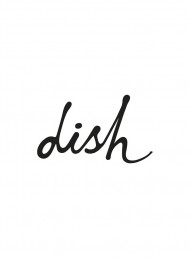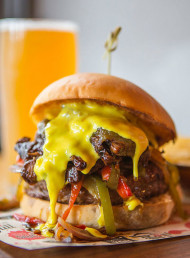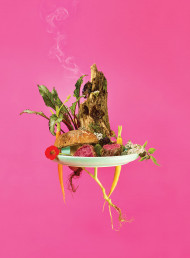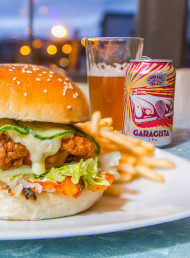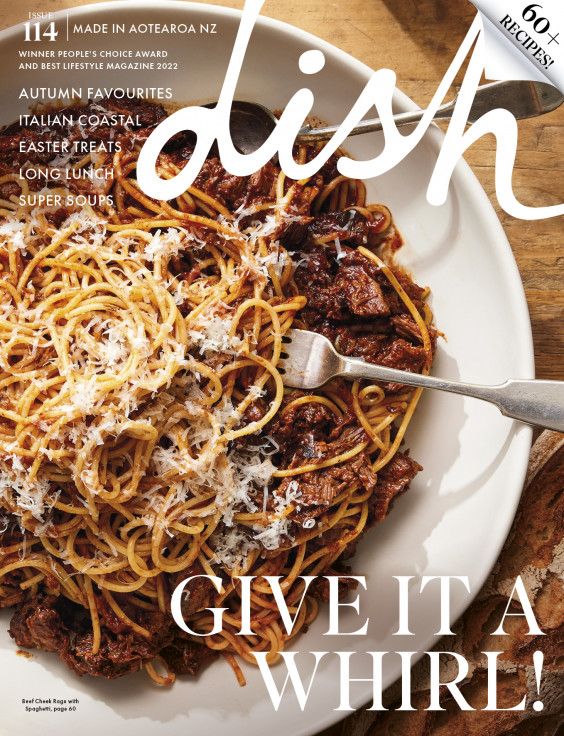An interview with Kim Wejendorp
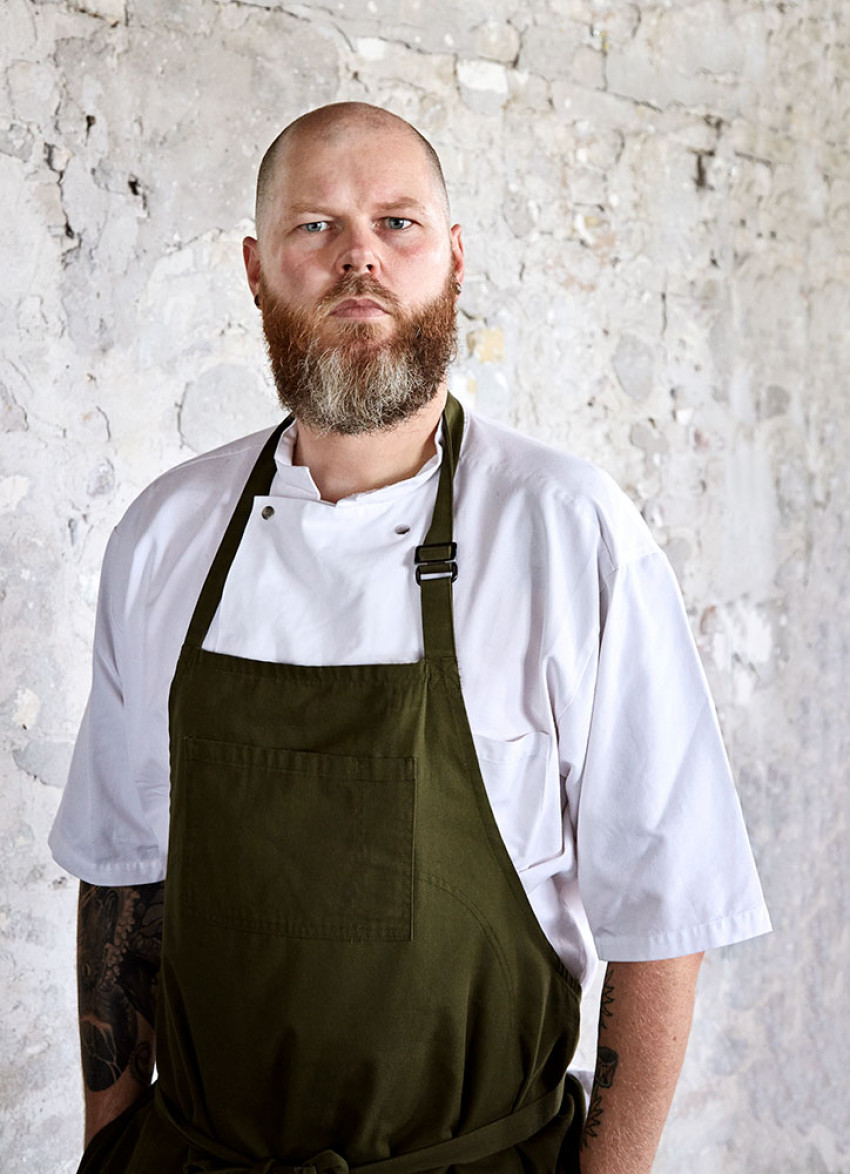
Writer Emily Bell caught up with Kim Wejendorp, Head of Research at Amass Restaurant in Copenhagen, and builder of culinary blocks before his one-off gastronomic event at Visa Wellington On a Plate 2019.
It’s 9am in Copenhagen and Kim Wejendorp has been at work for two hours. The upcoming months are going to be busy as he prepares for his dining experience at Visa Wellington On a Plate, held in New Zealand’s capital on 16 August. An experienced globe-trotter, Wejendorp has worked in kitchens all over the world before eventually settling in Copenhagen. His event at Visa Wellington On a Plate will be the first time he has returned to New Zealand in over a decade; “My Dad is an engineer and I’ve been moving around since I was young, so I’m not sure where ‘home’ is, but I’m looking forward to returning,” Wejendorp explains.
Wejendorp’s intent is to question how we define rubbish, a study that began in the kitchens at Amass Restaurant. When he and his colleagues questioned the large amount of food waste produced by restaurants, they started to think how this could lead to a sustainable future for the culinary world as a whole. Once they started to investigate the amount of waste disposed through unconscious decisions made every day, their discoveries were eyewatering. They wanted to make a change.
“To begin with, I started to work on finding processes to deal with parts of produce that aren’t normally used and would end up in the trash or compost. Eventually, we decided that we needed a space to concentrate on this, to look at the processes in depth without having to step out and run a restaurant,” Wejendorp explains.
After five years conducting their studies from a kitchen bench in the Amass Restaurant, Wejendorp and his team decided to devote their passion full time and opened Amass Research Kitchen as a creative space. Now living consciously for a greener future is on the tip of everyone’s tongue, and his dining experience at Visa Wellington On a Plate couldn’t be more relevant. To prepare, Wejendorp is establishing what produce is available in New Zealand in winter, a difficult task when it’s now summer in Denmark.
“A lot of by-product isn’t easy to prepare. Unless it’s a vegetable, some of it may take months or a year to process, so we are trying to figure out what we can bring from Copenhagen that will match New Zealand’s produce.”
Before your mind wanders to kitchen scraps, offcuts of meat and potato peels, Wejendorp’s creations are nothing short of delicious. There’s a scientific element to it; a recent project of his was glazing kombucha scoby, a by-product produced from fermenting kombucha, and turning it into the consistency of gummy bears with a sweet and sour taste. It’s this edge that will feed into his Visa Wellington On a Plate dishes as he collaborates with The Larder.
Diners can expect to consume ten courses. For one plate, Wejendorp will dissect a pumpkin, cooking the flesh, skin and insides, demonstrating how the entire vegetable can be consumed and tantalising, punchy flavours extracted. “It’s a way to point out that there’s so much more available of the produce we use, to take more responsibility from it, and enjoy the food,” Wejendorp explains.
Wejendorp is keen for his diners to understand more about what they are cooking, where it comes from, how much work it took to produce and how much flavour they are missing out on as a consequence. It’s about living sustainably and respecting the product to challenge the way we cook without neglecting taste, flavour and quality.
latest issue:
Issue #114
Autumn has arrived, and with it, the latest issue of dish, jam-packed with recipes that will have you fizzing to get in the kitchen! With a long Easter lunch featuring perfectly pink, blushing roast leg of lamb and wildly decadent baked mashed potatoes with caramelised onions, to simply scrumptious chocolate treats and sensational seasonal baking this issue has you covered - we reckon the Hot Cross Buns are our best yet! Salads make way for soothing soups, pies, puddings and our cover star beef cheek ragù with spaghetti – a must-make dinner for family and friends. With over 60 recipes in our latest issue there’s plenty of inspiration to keep you busy – and well-fed! Don’t forget to share your dish dishes with our Facebook community.

